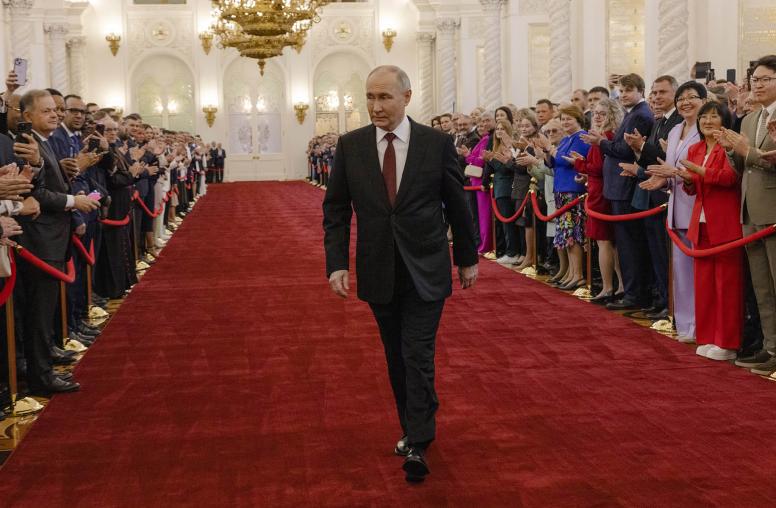Russia's Actions in Ukraine and the Crime of Genocide
Read the event coverageMore than seven months into Russia’s second invasion of Ukraine, Russian forces have established a clear pattern of targeting civilians and civilian spaces. Russian tactics include executing or forcibly deporting civilians in occupied territories, indiscriminately shelling populated areas, and bombing bus stations, hospitals and theaters. This pattern has continued even in the Russian retreat from eastern Ukraine, with Russian forces shelling public utilities as they move out of the region. This conduct likely constitutes war crimes and crimes against humanity but the question of whether it constitutes genocide remains open. Central to answering this question is establishing whether Russia has the intent to destroy Ukrainians as a national group, either in whole or in part.
On September 20, USIP hosted a discussion of Russia’s crimes in Ukraine and whether they amount to genocide. The conversation featured newly appointed Ukrainian Prosecutor General Andriy Kostin on his first official trip to Washington, as well as experts on atrocity crimes.
Continue the conversation on Twitter using #UkraineUSIP.
Speakers
Lise Grande, opening remarks
President and CEO, United States Institute of Peace
Azeem Ibrahim
Director of Special Initiatives, New Lines Institute
Andriy Kostin
Prosecutor General of Ukraine
Ambassador Clint Williamson
Senior Director for International Justice, Georgetown Center for National Security; Lead Advisor, Atrocity Crimes Advisory Group
Ambassador William B. Taylor, moderator
Vice President, Russia and Europe, U.S. Institute of Peace; Former U.S. Ambassador to Ukraine



